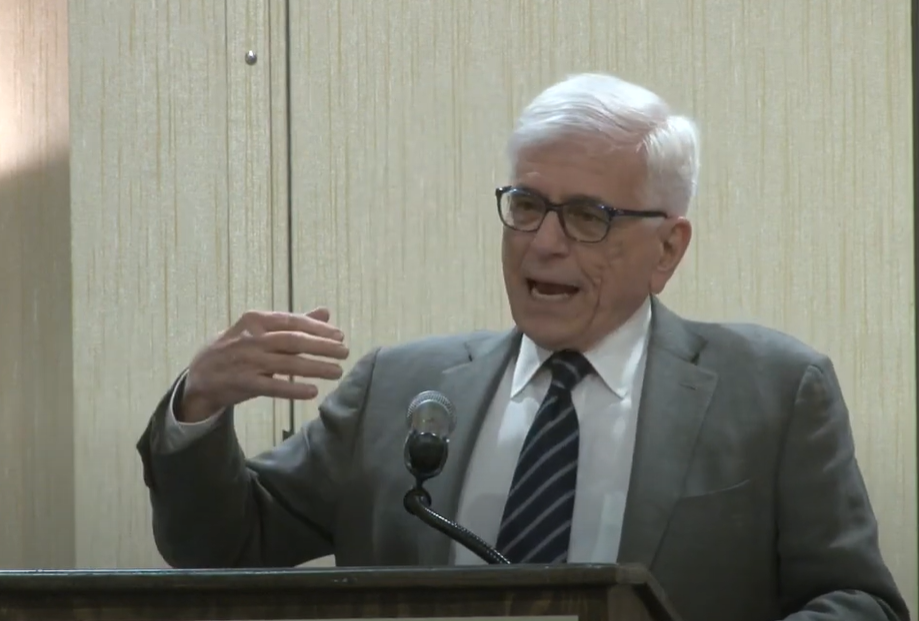Qui tam litigation, a provision under the False Claims Act (FCA), allows private individuals (known as relators or whistleblowers) to sue on behalf of the government to recover funds lost due to fraud. This legal mechanism is amazing in combating fraud against the government, yes, but it also carries significant financial implications for both whistleblowers...
In the United States, The False Claims Act stands as a pivotal measure for individuals to initiate qui tam lawsuits. Unveiling fraud within government operations can be intimidating, yet, thanks to the whistleblower’s courage, they are safeguarded. Berg & Androphy’s expertise shines through in their latest qui tam cases and other legal disciplines, demonstrating how,...
Elements of a False Claims Act Case: Examining the legal requirements that must be met to establish a violation of the FCA
February 22, 2024
The False Claims Act (FCA) delineates distinct criteria that must be met for a case to be eligible for consideration under its provisions. Primarily, a prerequisite is the existence of a false claim or statement presented to the government. This may encompass the deliberate presentation or instigation of false information, with the intent of securing...
The False Claims Act (FCA) serves as an important tool to address the potential for criminal activity in both individuals and businesses. Central to this Act is the qui tam provision, which allows private citizens to file lawsuits on behalf of the government against entities committing fraud, effectively involving the public in the fight against...
State False Claims Acts: Understanding How Many U.S. States Have Their Own False Claims Acts That Complement the Federal Law
February 6, 2024
The Federal False Claims Act (FCA), enacted in the United States during the Civil War, serves as the government’s primary tool against a fraudulent and false claim by individuals or companies. This powerful legislation allows the government to recover triple the amount lost to fraud, in addition to substantial penalties. Over time, the success of...
The False Claims Act (FCA) plays a crucial role in maintaining the integrity of federal programs and ensuring taxpayer dollars are used responsibly. At Berg & Androphy, we understand that the legal complexities of the FCA can be overwhelming. That’s why we’re dedicated to breaking down these complexities, providing clear and actionable information for both...
The False Claims Act – Also Known as “Lincoln’s Law”
March 1, 2019
History of the False Claims Act In 1863 Congress passed a law that created incentives for private individuals to report government fraud in an attempt to curb a rash of fraud against the government. On March 2, 1863 President Lincoln signed the law, called the False Claims Act (“FCA”). Also referred to as the “Informer’s...
Three-Time Whistleblower Sends Warning to Providers
April 18, 2018
Reproduced with permission. Published Apr. 18, 2018. Copyright 2018 by The Bureau of National Affairs, Inc. (800-372-1033) http://www.bna.com The story of a single whistleblower who took on three hospital networks and recovered millions of dollars in health-care fraud settlements is a cautionary tale for health-care providers that must learn to take internal fraud reports seriously....
Law360, Dallas (October 19, 2017, 6:25 PM EDT) — A nursing home operator has paid $5 million to settle claims it billed Medicare and Medicaid for subpar services at a Texas nursing home and rehabilitation facility, after a whistleblower alleged the company provided negligent care, the U.S. Department of Justice announced Thursday. Health Services Management Inc. did...




